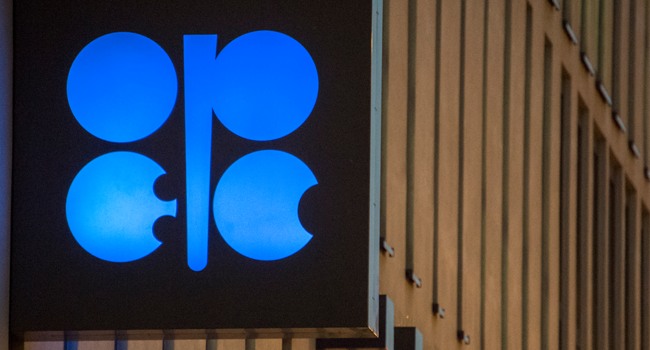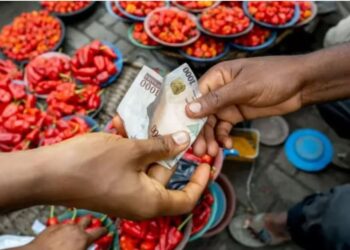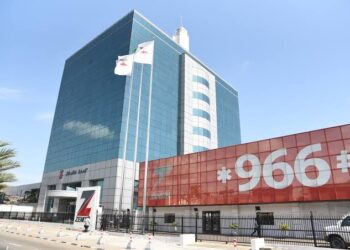Nigeria and Angola’s combined shares in the ongoing cuts by the Organisation of the Petroleum Exporting Countries (OPEC) have dropped.
This is according to production figures obtained from the organisation and analysis from Reuters.
In May, while Saudi Arabia, the UAE and Kuwait’s shares of total OPEC production were over 10 per cent higher than it was 15 years ago at 55 per cent, Nigeria and Angola’s total shares during the same period shrunk by over three per cent to below nine per cent.
Nigeria’s output fluctuated between 985, 000 and 1.2 million barrels per day between the third quarter of last year and May.
The country’s OPEC quota has also dropped from 1.8mb/d to 1.3mb/d.
For Nigeria, “capacity continues to be restricted by operational and security issues, combined with low investment levels, leading to decline,” analysts at consultancy Wood Mackenzie said.
In contrast, Saudi Arabia and the United Arab Emirates have plans in place to significantly boost their production capacity to 13 million bpd and 5 million bpd, respectively, by 2027 from current levels of about 12 and 4 million.
Fellow Gulf producer Kuwait on June 18 also said it would boost production capacity by 200,000 bpd by 2025 to reach 3 million bpd.
Capacity additions from the three Gulf countries over the 2020-2025 period amount to a combined 1.2 million bpd, doubling the capacity that Nigeria and Angola were projected to lose over the same period, according to Reuters calculations.
The two West African countries have lost nearly a quarter of their production capacity since 2019 as a result of underinvestment and security challenges.
Saudi Arabia’s Energy Minister Prince Abdulaziz bin Salman earlier this month outlined one of the biggest reforms in OPEC in recent years and presented it as a reward for countries that invest in their oil industry.
The change clears the way for giving larger production quotas to OPEC Gulf members such as Saudi Arabia, the United Arab Emirates and Kuwait at the expense of African countries such as Nigeria and Angola.
Production quotas and baselines, from which production cuts are calculated, have been a sensitive subject within OPEC for decades as most producers want a higher quota so they can earn more from oil exports. The shake-up is likely to become more extreme in the next few years as Middle Eastern state oil majors ramp up investments while production falls in African nations that have struggled to attract foreign investment.
African producers rely heavily on investment from international oil companies that have shunned Africa in recent years in favour of investment in the U.S. shale patch and in prolific giant oilfields elsewhere such as offshore Brazil and Guyana.
The Energy Information Administration recently stated Nigeria was no longer Africa’s highest crude oil producer due to disruptions, which were threatening its production outputs.
In its latest report on ‘Country Analysis Brief: Nigeria, EIA said Angola had overtaken Nigeria due to unplanned production outages.
“For many years, more crude oil was produced in Nigeria than in any other country in Africa. However, unplanned production outages—or disruptions—in Nigeria have, at times, resulted in its crude oil production falling below that of Angola, the second-highest-producing country in Africa. Disruptions remain a significant and persistent downside risk to Nigeria’s crude oil production,” the report said.












